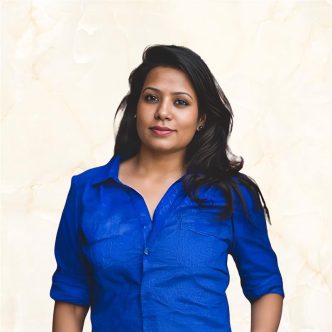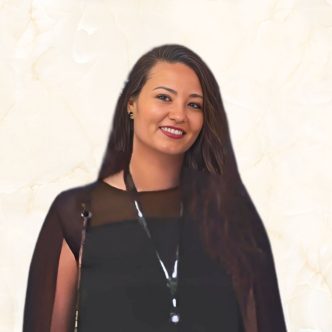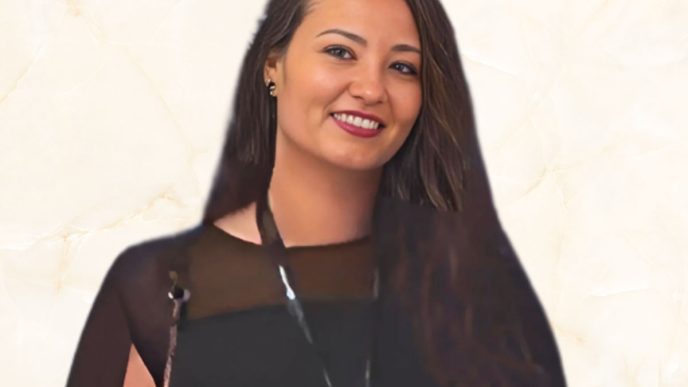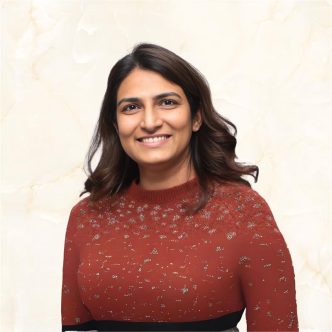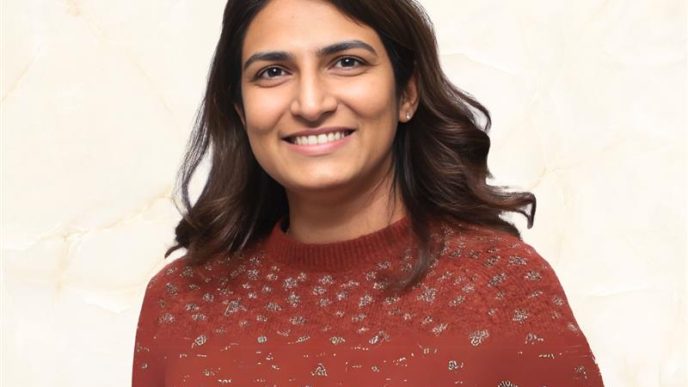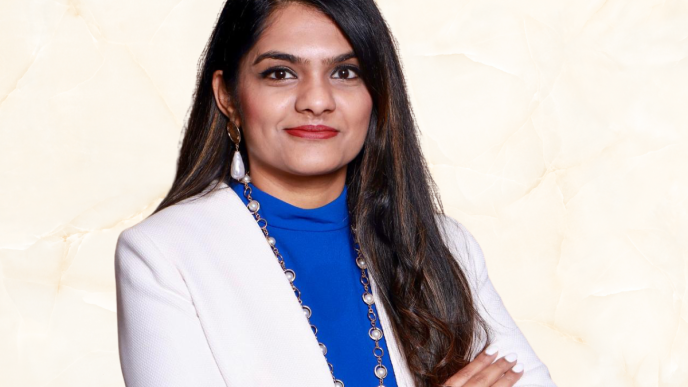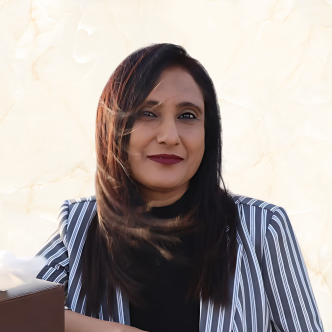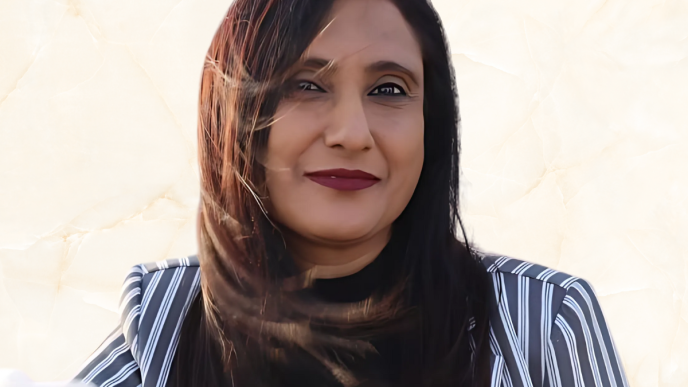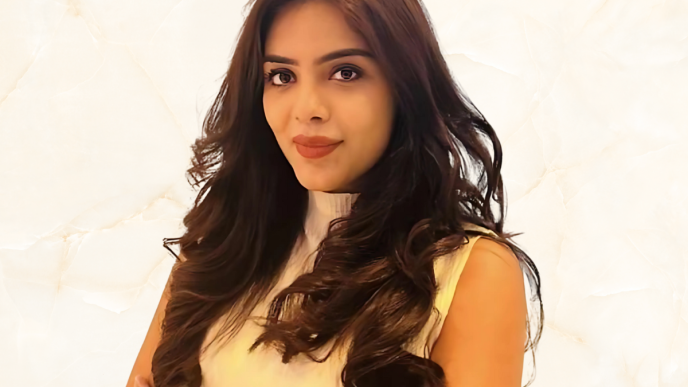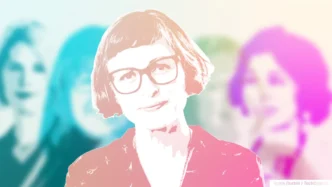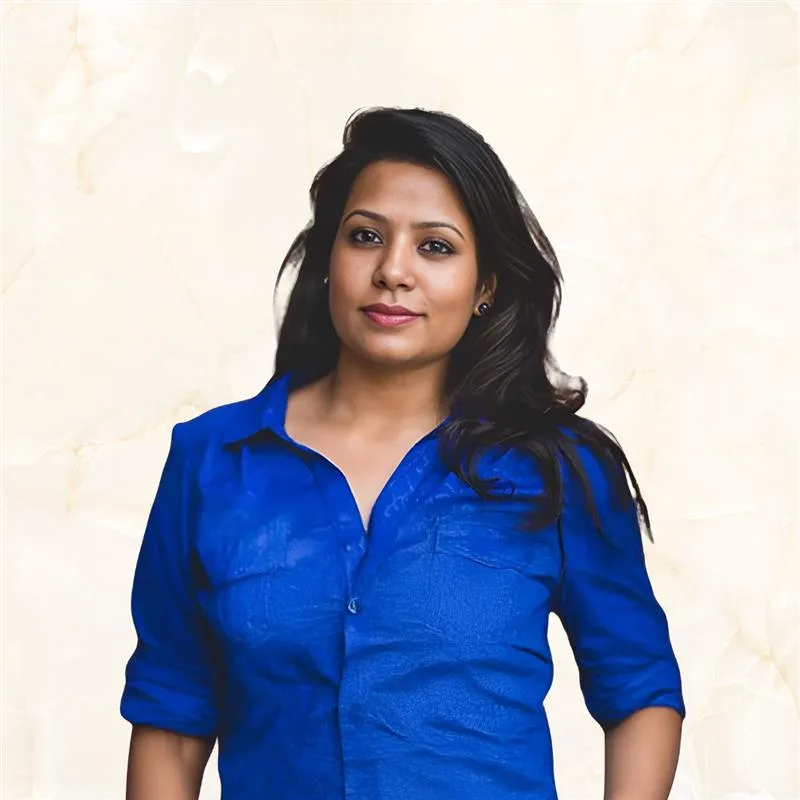
The conversation around gender equality is evolving, with a growing focus on fairness for all. As part of The Catalyst’s Women’s Day initiative, #SheIsInfinite, Deepika Narayan Bhardwaj, Founder of Ekam Nyaay, advocates for balanced policies, gender-neutral laws, and addressing biases affecting both men and women. In this exclusive discussion, she shares insights on fostering true gender equality, challenging societal stereotypes, and envisioning a world where rights and responsibilities go hand in hand.
What does Women’s Day mean to you as an activist focused on men’s rights? What inspired you to work in the field of men’s rights?
I think Women’s Day is a celebration of the strength, love, affection, femininity and resilience of women who strive hard to prove themselves, to prove their mettle in the world as mothers, sisters, teachers, doctors, and engineers, trying to prove themselves in both professional and personal fields. So, it’s a day for me to celebrate the spirit of womanhood and acknowledge the sacrifices and contributions that women make in this world. The world starts from the birth of a child, and mothers nurture the future generations of the society with their sweat and blood by teaching them and caring for them.
What inspired me to work in the field of men’s rights is the fact that while women empowerment is necessary, much needed in today’s time, unfortunately, there is a section of women in the society who have taken these rights for granted and who are abusing these rights to fulfil their vested interests, whether that’s revenge, vendetta, making money, extortion, or escaping their own mistakes and putting the blame on others.
Women have started misusing the law and it’s been going on for decades now; and its men who are now suffering at the hands of women. So just like so many men have stood up for the rights of women and against the discrimination that happens to them, 13 years ago I decided to stand up and speak against misuse of laws by women and misuse of the social privileges, legal privileges that they have been granted in order to uplift them.
My journey began from a very personal experience, and I realized that as a woman who is strong, has a voice, has the capability of making, bringing about a change for a social issue that is very relevant in today’s times, I must do whatever I can to bring a change.
What’s your definition of a strong woman?
My definition of a strong woman is a woman who knows how to put in her 200% to any goal or aim that she sets her eyes on. My definition of a strong woman is who does not sulk in victimhood and does not blame the circumstances or societal challenges or anything at all, for something that she has not been able to achieve or something that she has not been able to do. Men who make a mark also go through a lot of challenges and sacrifices, but they overcome them to achieve what they want.
I think the same thing goes for women. Strong women are those who do not let the circumstances or situations come in the way of them achieving their goals. There are endless, very strong women in our country and in the world who have defied every challenge, every situation and overcome those to achieve what they want.
My idea of a strong woman is also someone who empathizes, has a lot of human values, and does not believe in stepping over others in order to achieve what she wants. Last but not the least, a strong woman is one who understands that rights come with responsibilities, and it is our social moral obligation to adhere to our responsibilities as much as we want to enjoy our rights.
Many believe gender equality should benefit both men and women. How do you see the relationship between men’s rights and women’s rights?
I think gender equality is not a men or women issue. It is a societal requirement to have a society that acknowledges the rights, dignity, and a good life for everyone. I think men’s rights and women’s rights are two sides of the same coin.
I don’t think they are at competition with each other. They need to go hand in hand. In fact, it’s not just about men’s rights or women’s rights. I think each and every individual, as per our constitution, deserves and has right to a life of dignity, respect, and the expected human dignity. And everyone should have that, and nobody should be discriminated on the basis of caste, creed, religion or gender. That’s what is enshrined in our constitution.
So, men’s rights should not mean demeaning women, putting women down, blaming all women, and trampling over rights of women. The same way women’s rights should not mean treating men as disposables and ignoring their plight and sufferings. The reality of today’s time is that women can be as criminal minded as men and victimize men. So, women’s rights should not mean being blind to that.
There are stereotypes and mindsets that we must challenge and while we have been successfully challenging the stereotypes that have traditionally been against women, those stereotypes are used every day against men, and I think we need to challenge them as well.
How do you envision a truly gender equal society?
I think a truly gender equal society is one where nobody is denied an opportunity, an option to have the life that they want to lead, whether it’s education, medical facilities, security, or laws. So, in every sphere of life, when no individual is discriminated on the basis of certain segregations in the society, I think as a truly gender equal society. As of now in India, we are really in dire need of having a platform that can listen to the agonies and cries of men as well.
We desperately need a men’s commission in the country, which can look at the problems of men and boys as well. We already have a women’s commission, a women and child development ministry. So, I think it’s high time we have a platform where issues faced by men are also addressed.
What policies do you believe would foster true gender equality rather than favouring one gender over the other?
I think that empowering women should not mean degrading men or discriminating against men. We are seeing government, lawmakers, policies, freebies, schemes being made only for women and girls. Sooner or later, I think it’s going to backfire because just the other day, there was a young law student who was telling that the girls in the college, no matter how well their parents are earning or whatever kind of background they come from, they are being given laptops and two wheelers, and the boys are not really being given anything.
Earlier women used to live their life in this thought process that what wrong have they done to be born as a woman or for being discriminated? And now I think men are going to think that, if we have too many policies inclined towards only one gender.
We need to have gender neutral policies, gender neutral laws to foster true gender equality. And the tilt which was earlier there towards the side of men should not now become a tilt in the favour of women.
Balance must be balanced. Equality must be equality.
And if you tilt the pendulum too much on one side again, it would be like a reverse discrimination.
True gender equality is about fairness, balance, and ensuring that no one is overlooked. Advocacy for gender-neutral policies, challenging stereotypes, and fostering a society where both men and women are treated with dignity and respect is essential. As conversations around equality evolve, this work continues to spark dialogue and drive change toward a more just and inclusive future.
About the Contributor – Deepika Narayan Bhardwaj is an independent journalist, documentary filmmaker, and men’s rights activist from India. Known for her films Martyrs of Marriage and India’s Sons, she highlights the misuse of gender-biased laws and the impact on falsely accused men. A former software engineer, she has spoken on global platforms, including TEDx, and was featured by the BBC as an “Asian Woman to Watch.”
All Content Rights Reserved by The Catalyst.

